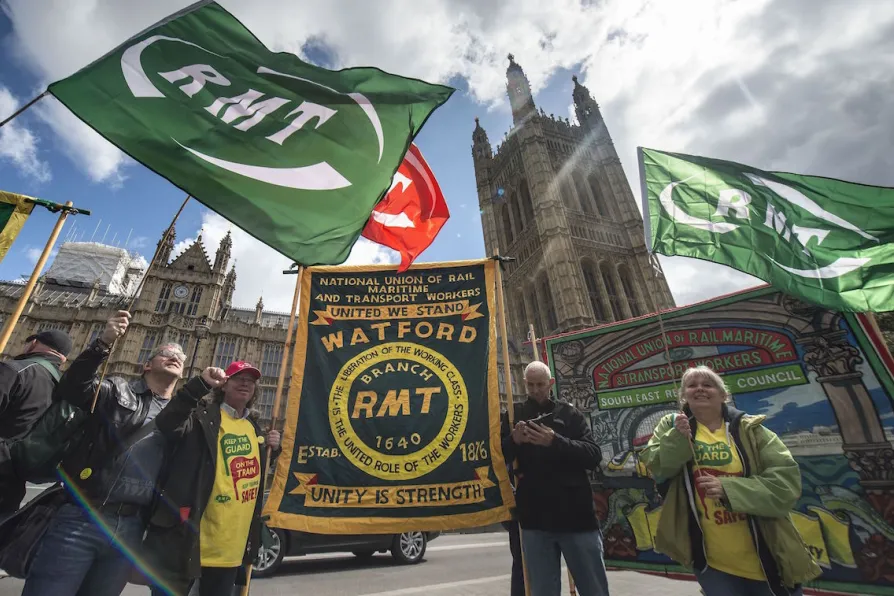LUKE FLETCHER outlines Plaid Cymru bold plans for wide-ranging policy consultations with trade unions in Wales

 'Political power for the left rests on the strength of industrial organisation'
'Political power for the left rests on the strength of industrial organisation'
IN THE new year, internal Labour Party politics and the culture war everyone denies fighting will be the chief preoccupation of the left.
While politicians and political commentators continue to struggle over the national questions raised by Brexit, the Scottish independence referendum before it, and the recent election defeat, they will try to make sense of it all by continuing to argue in pointless culture war terms about patriotism, progressive or otherwise billed, conceptions of internationalism and so on.
It was, to a degree, a failure by the political class to make the EU referendum result fit into culture war terms and spend the last three years creating the culture war that led so many to obviously foolish positions in the first place.

LAURA PIDCOCK and PAUL O’CONNELL introduces Rise, a political platform for working-class activism

DOUG NICHOLLS argues that to promote the aspirations for peace and socialism that defeated the Nazis 80 years ago we must today detach ourselves from the United States and assert the importance of national self-determination and peaceful coexistence

This May Day we reaffirm our commitment to working people and our class and to get trade unionism back on the front foot, says EDDIE DEMPSEY











